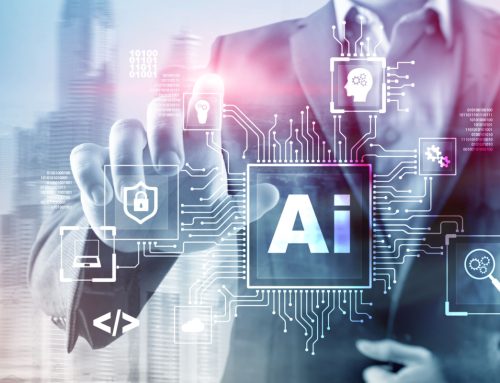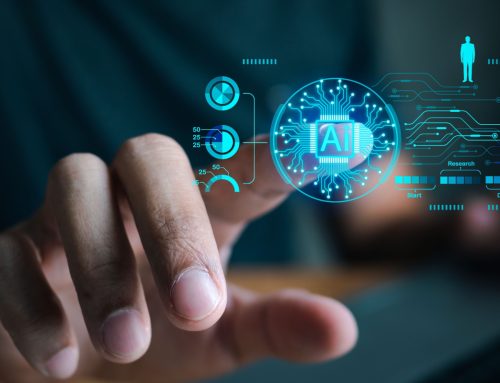It’s only natural for people to worry about job security in the face of new technologies like automation and artificial intelligence. After all, why employ human beings when a robot can do the job quicker, better, and cheaper?
But more often than not, this simply isn’t the case. Even though the latest and greatest technology will continue to become more prominent in the workplace, you still cannot underestimate the importance of people power.
The growing threat of robots
According to research, approximately two-thirds of Americans believe that robots will inevitably perform most of the work currently done by human beings during the next 50 years. What’s more, about 80 per cent believe their current jobs will either “definitely” or “probably” exist in their current form within the same timeframe.
But it is important to make the point that automation and robots are replacing tasks, not jobs. For example, several jobs involve a wide and changing variety of tasks, only some of which can be automated.
As David D’Souza, Head of Engagement and London for CIPD, explains:
“This will vary by industry – a factory worker’s job will involve a narrower set of tasks than that of a restaurant manager – but for the foreseeable future the application of AI and robotics will be limited to simple, repetitive work.”
Preparing for change
Even if the vast majority of jobs are safe, both employers and employees must accept the fact that the nature of work could soon change forever.
“Companies must begin mapping out a path to automation that will benefit their businesses but also ensure their teams can work alongside new technologies,” adds D’Souza. “The goal must be to enhance the way we work. People will continue to exhibit ingenuity and judgment. Machines will simply allow us to encode and scale human thinking quickly and on a large scale.”
This is where HR will play a vital role in shaping the skills structure of modern enterprise, which includes defining automation strategies and creating training programmes.
“HR must take a leading role in helping organisations reconcile the choice between greater efficiency through technology and deeper human thinking, a choice that is often misleadingly portrayed as a binary one,” says D’Souza.





